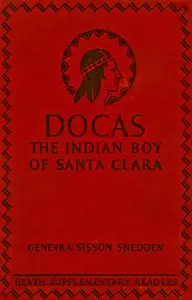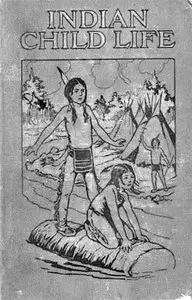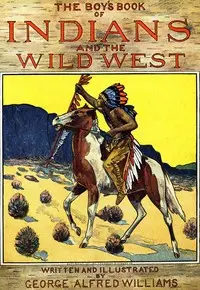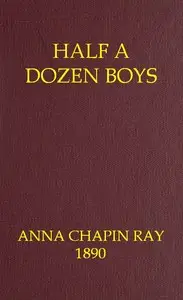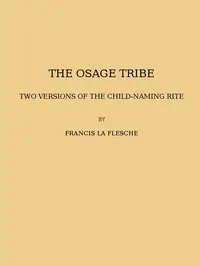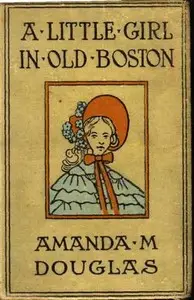"The Middle Five: Indian Boys at School" by Francis La Flesche is a series of true-to-life stories that show what life was like for young Omaha boys at a mission school during the early 1900s. The book explores the boys' everyday routines and their different cultures, and how they dealt with the good and bad things about their new school. The stories focus on how friendships grew, how the boys matured, and the differences between their old ways of life and the new things they were learning in school. It all starts with a young boy feeling very sad and missing his mom on his first day, but another older student helps comfort him. Chapter by chapter, the book tells us all about how the school was run and the relationships between boys from various backgrounds. We hear about them trying to learn English, making friends, and getting used to different cultures. All these experiences help them understand who they are and where they belong in a changing world, and each story is meant to show what Indian boys are really like as they try to live their lives in two different worlds.
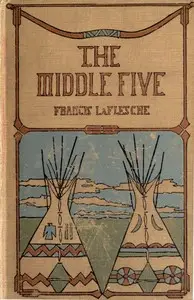
The Middle Five: Indian Boys at School
By Francis La Flesche
Witness the heartwarming and poignant journey of young Native American boys navigating friendship, identity, and cultural clashes within the walls of a mission school.
Summary
About the AuthorFrancis La Flesche was the first professional Native American ethnologist; he worked with the Smithsonian Institution. He specialized in Omaha and Osage cultures. Working closely as a translator and researcher with the anthropologist Alice C. Fletcher, La Flesche wrote several articles and a book on the Omaha, plus more numerous works on the Osage. He made valuable original recordings of their traditional songs and chants. Beginning in 1908, he collaborated with American composer Charles Wakefield Cadman to develop an opera, Da O Ma (1912), based on his stories of Omaha life, but it was never produced. A collection of La Flesche's stories was published posthumously in 1998.
Francis La Flesche was the first professional Native American ethnologist; he worked with the Smithsonian Institution. He specialized in Omaha and Osage cultures. Working closely as a translator and researcher with the anthropologist Alice C. Fletcher, La Flesche wrote several articles and a book on the Omaha, plus more numerous works on the Osage. He made valuable original recordings of their traditional songs and chants. Beginning in 1908, he collaborated with American composer Charles Wakefield Cadman to develop an opera, Da O Ma (1912), based on his stories of Omaha life, but it was never produced. A collection of La Flesche's stories was published posthumously in 1998.

